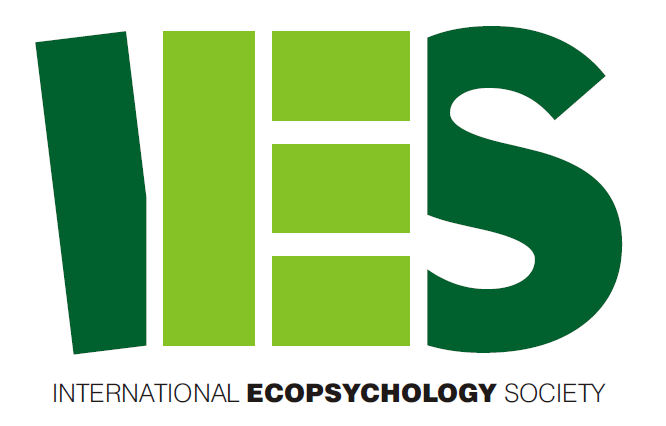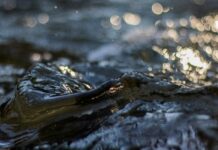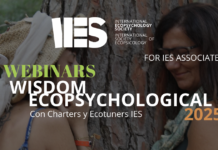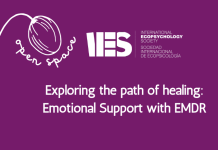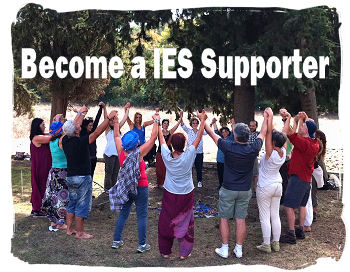
In urban centers, the time that children spend in nature is limited not only because of the lack of a close natural environment but also because of their way of life.
The western way of life, fills families and children-even from early childhood -with stress, psychosomatic and emotional problems. Anyone who can spend free time in a burdensome daily program of parents and children is exploited using technology and indoor activities. Direct and primary experience in nature has been replaced with minor experiences of children with the use of virtual reality that reduces the senses to sight and hearing. Their activities are isolated in cognitive education and technology, but they offer them a one-dimensional ability to develop their personality and lead them to a “social autism” where their biological potential remains limited. The first research to blend TV into the development of Attention Deficit and Hyperactivity Disruption (ADHD) was done in 2004 by the Children’s Hospital and the Regional Health Center in Seattle, USA, which showed that every hour a pre-school child watches television increases the incidence of concentration difficulties and other 10% attention deficit symptoms. From the University of Illinois, in their research with children, they noticed that the concentration was favored in a natural environment and that children could develop their creativity.
Since the natural environment is the primary source of awakening of the senses, the freedom of the child to discover and to play with it and to perceive the world through its senses, it is necessary for a development at an emotional, perceptual and social level, as well as in the construction of value systems. A rich open natural environment constantly offers opportunities for new experiences as it is a vibrant organization full of opportunities for observation and activation.
At the social level, the child realizes that every element of nature has its importance and is necessary for the life cycle and orderly functioning of the natural chain. Through this discovery, the child can understand and respect the personalities and differences of other children and thus promotes cooperation rather than competitiveness, with any implications.
Unfortunately, the Western way of life is alienated by nature. One of the reasons that may have happened is because nature has been demonized enough as it is even shown through children’s fairy tales as a dangerous place that barks strange and terrifying beings, while in terms of adults, villains and dangerous elements. More generally the urban context is considered to be safer even though it is proven that most of the risks to children are in the family and the wider social environment. On the other hand, the abuse of the natural environment itself avoids dealing with it in retrospect, as the man’s tendency to detract from his life tends to be dispossessed.
Ecopsychology offers the opportunity to alter this alienation with education and experiential workshops in nature, special designed for different groups of ages of children and with the design and guidance of specialized experts of Ecopsychology in order to mobilize parents, children and communities to bring children to the natural environment to ensure mental balance and the development of healthy personalities.



